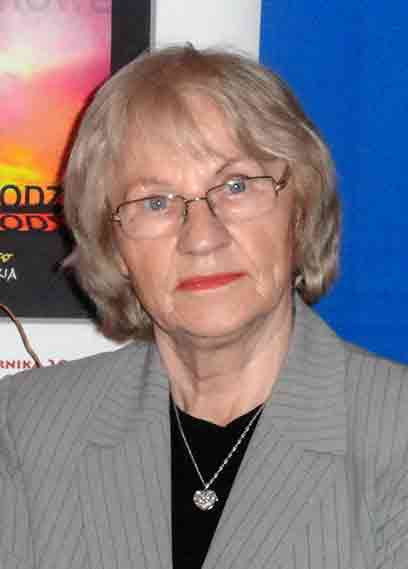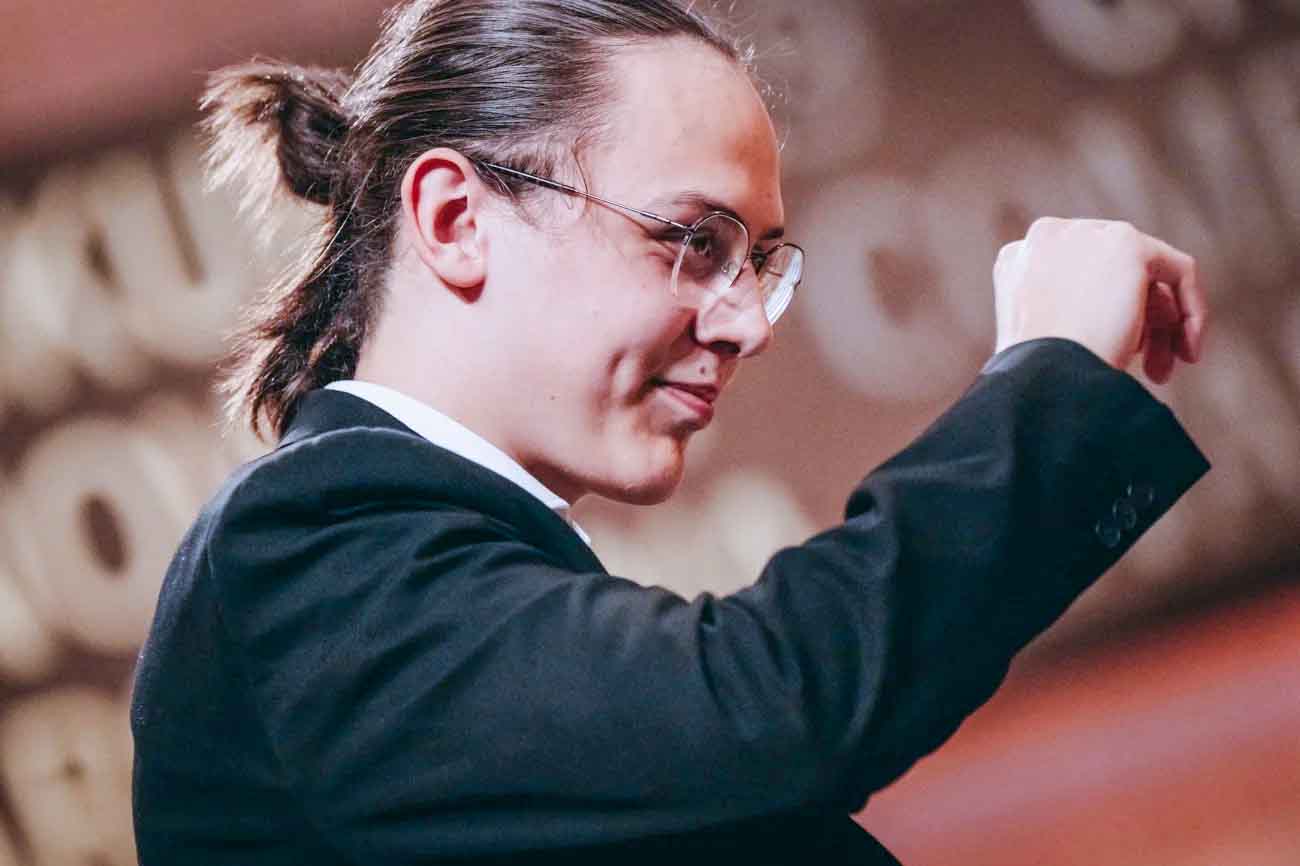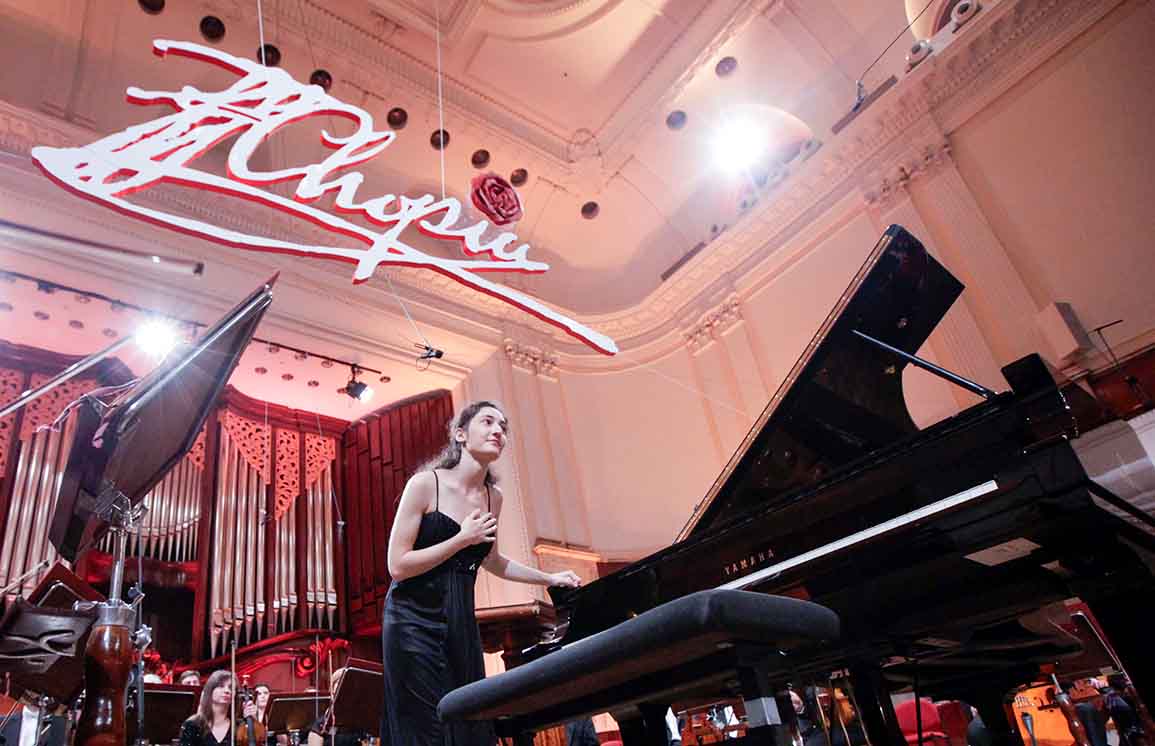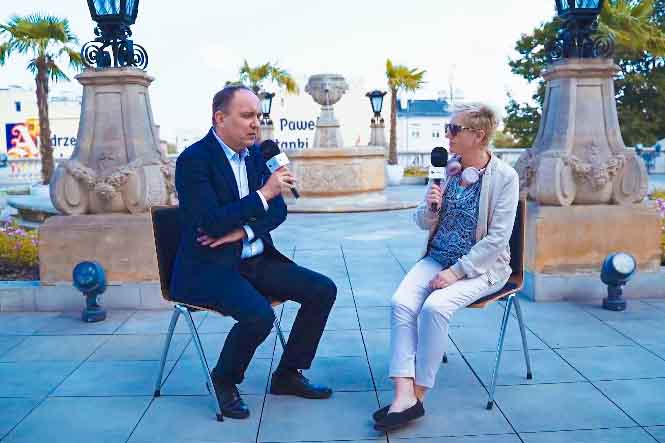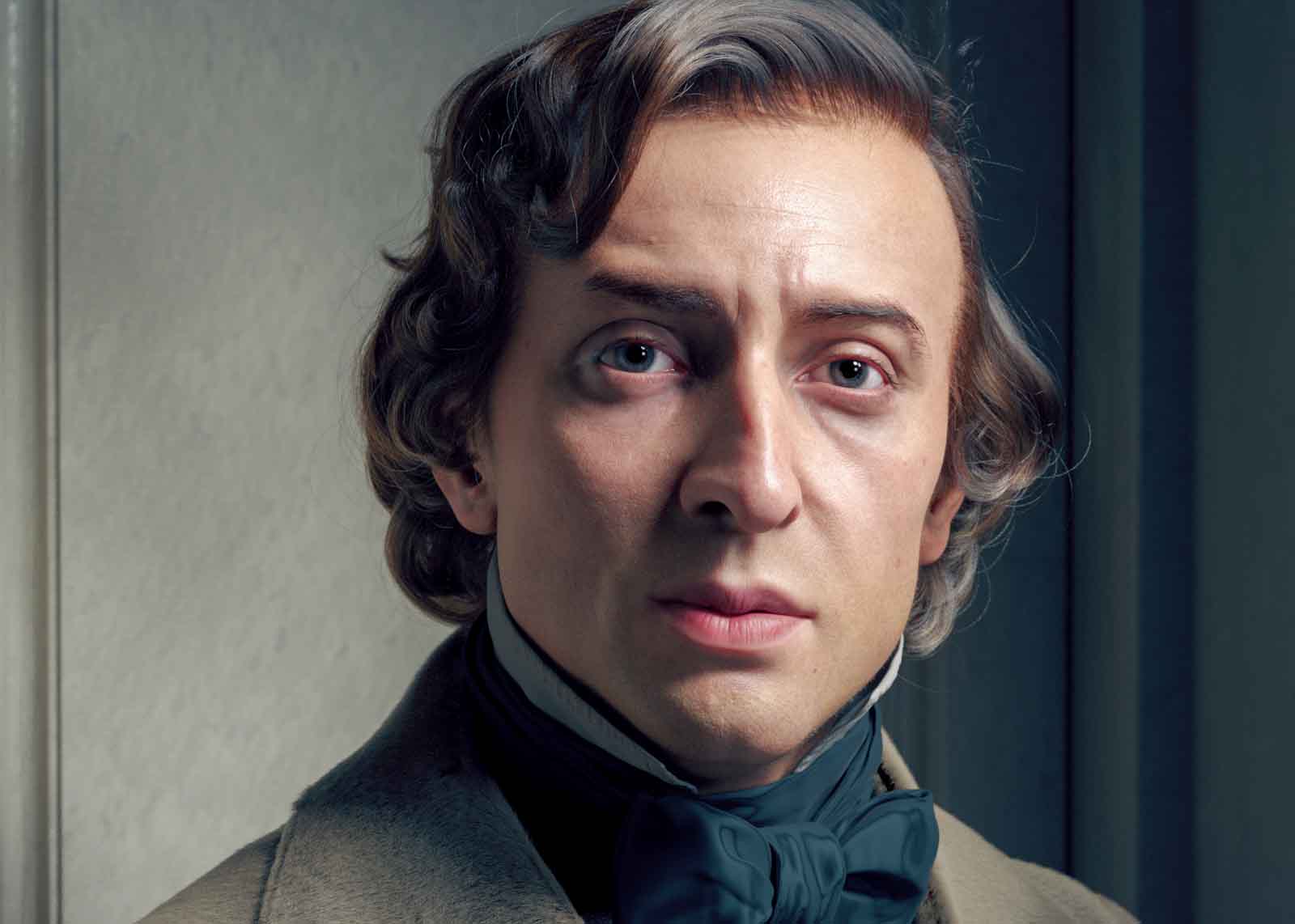"Gentlemen, hats off—he's a genius," wrote Robert Schumann, the great Romantic German composer, on December 7, 1832, after a public concert by the then twenty-year-old Fryderyk Chopin in Paris. Everyone was captivated by Chopin's music, emphasizing his talent as both a composer and a performer.
“A Pole at heart, and a citizen of the world by talent,” wrote Cyprian Kamil Norwid, the author of the incomparable poem Chopin’s Piano, about him upon hearing of his death .
Fryderyk was born in Poland on February 22, 1810, and lived only 39 years – until October 17, 1849. He spent half his life in Poland, or rather, on Polish soil, as Poland was under partitions at the time. He grew up among Polish colleagues – friends, patriots, Polish culture, and Masovian folklore. On the eve of the November Uprising, he left for France to further his education. There, he found himself surrounded by the most distinguished creators of the Romantic era and the most distinguished Polish artists and politicians of the Great Emigration.
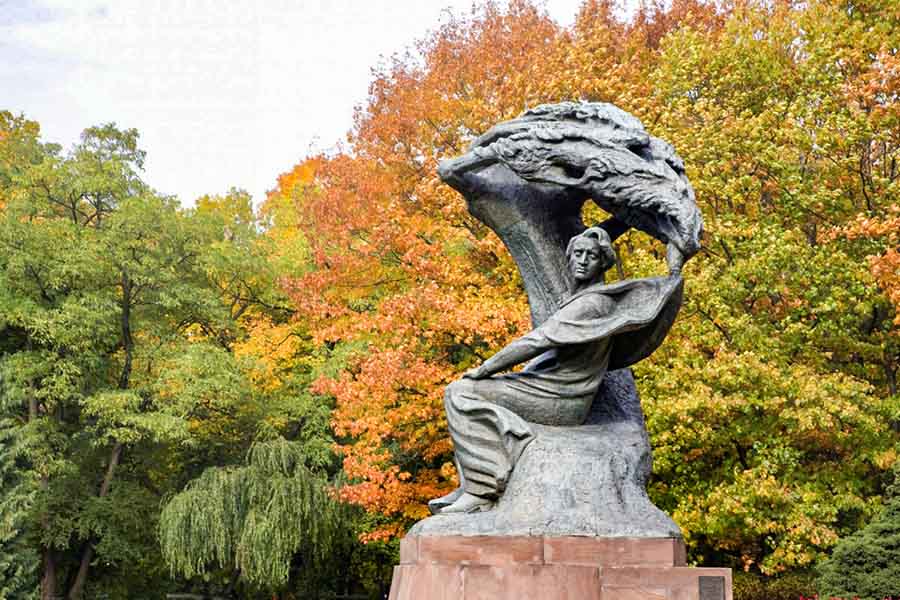
Chopin Monument in Warsaw (Source: Wikipedia)
Future generations have retained the musical scores of his compositions and the impressions participants gained from concerts and gatherings in aristocratic salons, to which artists were invited. Back then, there were no phonograph recordings, nor were there any instructions on how to play the master's works. The final form of the musical score is influenced by the performer's technique, sensitivity, and cultural experience. All of this provided the opportunity to contribute new understandings and interpretive techniques in the juxtaposition of performances by numerous pianists from different schools and cultures.
The Birth and Development of the Chopin Competition
The originator, producer, and long-time chairman of the Chopin Competition jury was Jerzy Żurawlew (1886-1980). He was born in Rostov-on-Don. His father was Russian, his mother Polish, and he himself was an exceptionally gifted pianist, composer, teacher, and popularizer of Polish music, particularly Chopin, and a Pole by choice. After 1917, he settled in Warsaw and worked as a teacher at the Fryderyk Chopin Academy of Music at the Warsaw Music Society. The idea for a music competition, proposed by Professor Żurawlew in 1925, met with little interest. At the time, Poland had important economic and political problems to address.
The idea was noticed and appreciated by Żurawlew's friend, music lover and entrepreneur Henryk Rewkiewicz, who pledged to finance the competition. The project was also noticed and appreciated by the then President of the Second Polish Republic, Ignacy Mościcki, who granted it his honorary patronage. Thanks to this support, the first edition was held in early 1927, although the First International Fryderyk Chopin Piano Competition had been planned to begin on October 15, 1926, with the unveiling of the Chopin monument by Wacław Szymanowski in the Royal Łazienki Park.
The auditions for the first Competition were held at the Warsaw Philharmonic Concert Hall. Twenty-six pianists from eight countries participated. Among the representatives of the USSR was Dmitri Shostakovich – then a 20-year-old pianist, later one of the most distinguished composers of the 20th century.
The atmosphere at the first Competition was fervent, and the standard was highly praised in the press. Despite some minor shortcomings, the debut proved to be an artistic and organizational success, and the Chopin Competition has become a permanent fixture on the international calendar.
The second Chopin Competition took place five years later, in March 1932. Eighty-nine pianists from 18 countries traveled to Warsaw, and the event attracted correspondents from around the world. The jury included prominent figures, and the guest of honor was the renowned composer (Bolero) Maurice Ravel.
The outstanding performer of the 2nd Competition was the Hungarian blind pianist Imre Ungár, who won the 2nd prize after the drawing of lots.
The third edition of the Competition in 1937 already bore the hallmarks of a major event: an international jury, state support (the patronage of Ignacy Mościcki, the Honorary Committee chaired by the Prime Minister), and the Warsaw Philharmonic's permanent place on the map of world music competitions. Eighty participants from 22 countries participated. The performances by Japanese pianists were a sensation.
The outbreak of war in 1939 interrupted the Philharmonic's competition activities, scattered the musical community, and destroyed Polish culture.
Twelve years later, in 1949, on the centenary of the composer's death, the Chopin Competition was revived. The state financed preparations for the competition and the publication of the Complete Works of Fryderyk Chopin, edited by Ignacy Jan Paderewski.
In this edition, Polish pianists won all the competition prizes. In 1955, the tournament returned to the rebuilt National Philharmonic. It was an artistic and social event. Queen Elizabeth II of Belgium visited Warsaw, and 70 concerts and 80 recitals took place in the capital and the region. The triumph went to the Polish first prize winner, Adam Harasiewicz.
In 1960, on the 150th anniversary of the composer's birth, UNESCO assumed patronage over the Competition. Arthur Rubinstein served as honorary chairman of the jury.
The eighth edition brought success to the American school: Garrick Ohlsson, the jury chairman for this year's (2025) Competition, won.
The Music Reached the Masses
The renowned critic and popularizer of musical culture, Jerzy Waldorf, wrote about this Competition:
These days, the entire city is talking about piano; taxi drivers discuss the finale of the B-flat minor Sonata, and favorites clash on the trams. Queues, excitement, and occasional police interventions—a festival of social energy surrounding classical music.
In 2005, the Polish winner - Rafał Blechacz - won the main prize and all the special prizes, as well as the Kristian Zimerman Prize - winner of the 1975 Competition - for the performance of a sonata.
While the performers are competing, the Chopin Competition is the lifeblood of Warsaw, Polish and international music lovers, and the jury. Individual music lovers, fan clubs, audiences, and critics all have their own preferred candidates for the awards. They don't always agree with the jury's verdicts. As a sign of protest or to prevent arguments, they fund their own awards for special performances of certain works. This was the case in the third edition, when "it turned out that the audience favorite, Japanese artist Chieko Hara, wasn't among the laureates." As Jerzy Waldorf recalled:
People caused such a terrible commotion that the jury and the hall were only saved from the worst consequences by a wealthy industrialist, Stanisław Mayer, who was among the audience and who, on the spot, quickly funded the Audience Award for the wronged girl from Tokyo.
Consensus isn't always reached among juries either. Some jury members found a participant's playing phenomenal, while others found it unacceptable. An example of this is the upheaval that occurred in 1980, when two jurors—Argentina Martha Argerich and Hungarian-British pianist Louis Kentner—resigned in protest at the exclusion of Yugoslav pianist Ivo Pogorelić from the final.
This year's competition was also notable for several other special events, in addition to the jury's verdict. A record 642 participants from around the world registered for the competition. Eighty-five pianists qualified for the finals in Warsaw. The largest representation came from China with 29 pianists, followed by Poland and Japan with 13 each. Of course, for obvious reasons, there were no Russian pianists. This is a shame, because music knows no boundaries, softens morals, makes people better, and Russian pianists have a true sense of Chopin.
Many winners of previous competitions have achieved worldwide fame. Chopin's music has been beloved by Asian pianists for generations. Many of them captivate audiences with their interpretations and sensitivity. Many have won top honors and won the hearts of listeners. This was no different in this year's 19th edition of the Competition.
The international Jury consisted of 18 members, winners of previous competitions and outstanding experts on Chopin's music, including 6 Poles, 3 Americans, including chairman Garrick Ohlsson, 2 Japanese, and one representative each of South Africa, Argentina, China, France, Canada and Vietnam.
After long (and likely heated) deliberations, the jury awarded the top prize to American pianist Eric Lu. The jury's verdict provoked mixed reactions, from applause to whistles and boos. The audience was surprised by the decisions, particularly by the only fourth-place finish for the youngest representative of China, sixteen-year-old Tianyqo Kyu, and the Japanese competitor Shiori Kuwahara. Both were outstanding performers of the competition. The first-prize winner did not distinguish himself with any special performance of the awarded pieces. He did not excel in either the concerto, the mazurka, or the ballade.
The Chopin Competition's laureates are gaining recognition and opening the doors to the world's greatest concert halls. The competition was born in the young Second Polish Republic and, since 1927, has shaped the imagination of Fryderyk Chopin's performance. It has survived World War II, the Cold War, and the transformation, undergoing changes in regulations, calendar placement, and broadcast standards, yet retaining what is most important: Chopin's music performed by young pianists at the highest level. Fryderyk Chopin's music remains relevant in the age of streaming and algorithms. On the contrary, after 2025, the Chopin Competition has become one of the most modern and media-rich musical events in the world.
Chopin for Everyone
Organizing competitions, in addition to providing artistic experiences, is a major economic undertaking. Years of disseminating current and historical recordings, broadcasting live television and radio concerts, organizing concerts in concert halls, promoting recordings and publishing editions, and managing increased tourist traffic. Data from the PRESS-SERVICE Media Monitoring report indicates that in 2021, the total advertising equivalent of media coverage of the Competition amounted to over PLN 157 million (USD 42 million), and the number of media contacts exceeded 900 million. One-third of foreign tourists visiting Warsaw in October 2021 came in connection with the Competition.
The Fryderyk Chopin Institute received the Cremona Musica Award for setting new standards in promoting classical music. Director Artur Szklener expressed his gratitude for the award, emphasizing: "Our mission was to reach as many people as possible so that we could enjoy the music of Fryderyk Chopin together."
Advertisements broadcast during the Competition generate millions in revenue. The Competition has also provided a boost to the recording industry: albums by the winners—published by the Fryderyk Chopin Institute and global labels such as Deutsche Grammophon, Sony Classical, and Warner Classics—have entered sales charts in Japan, Korea, France, and Germany.
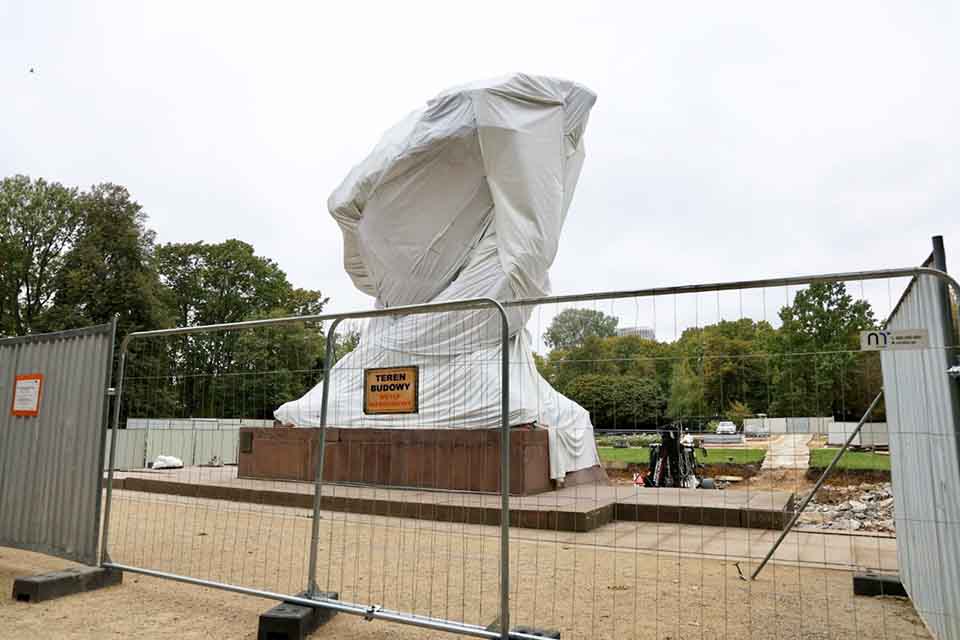
Chopin Monument under renovation (Source: Royal Łazienki Museum)
The Chopin Competition promotes Poland globally, bringing moral and tangible economic benefits. This time must be used as effectively as possible. A stain on this year's Competition was the covering of the Chopin monument in Łazienki Park, a landmark so important to tourists who came to Warsaw to witness the artistic endeavors of young pianists. [The protective cover was removed just before the start of the 2025 Chopin Competition, so that the monument was visible to visitors. At the same time, the surrounding area was still a construction site, as the main work was scheduled to last until 2026 — editor's note.]
The graves of Chopin's parents at the Old Powązki Cemetery were also covered with plastic. The absence of the symbolism of the red and white colors and the Polish national anthem at the opening of the Competition could be considered a scandal. Despite these embarrassing elements, it was worth participating in the Competition—whether in person, or virtually.
It is true what A. Szklener said that "in times of global chaos, the Chopin Competition shows that sensitivity and precision can still unite people across borders and languages." This is precisely why the Chopin Competition is still needed to transform memory into sound, and sound into community.
Translation from Polish by Andrew Wozniewicz.



